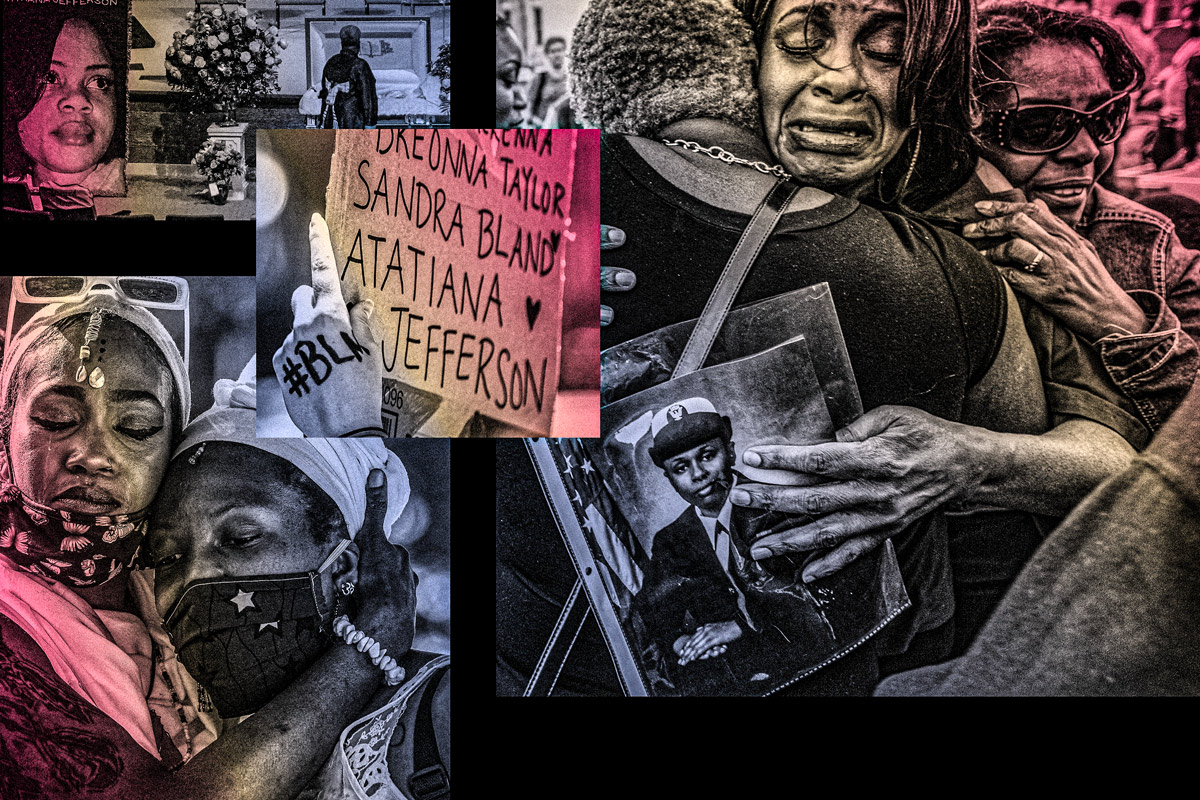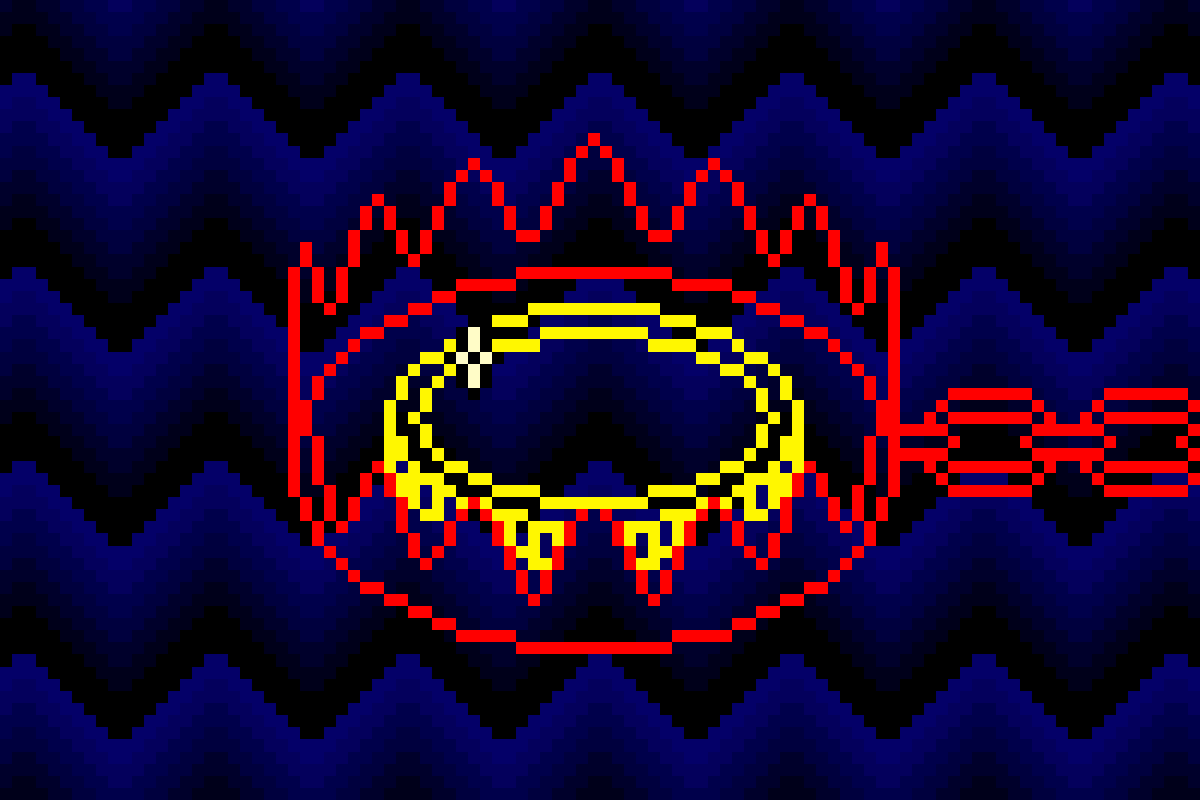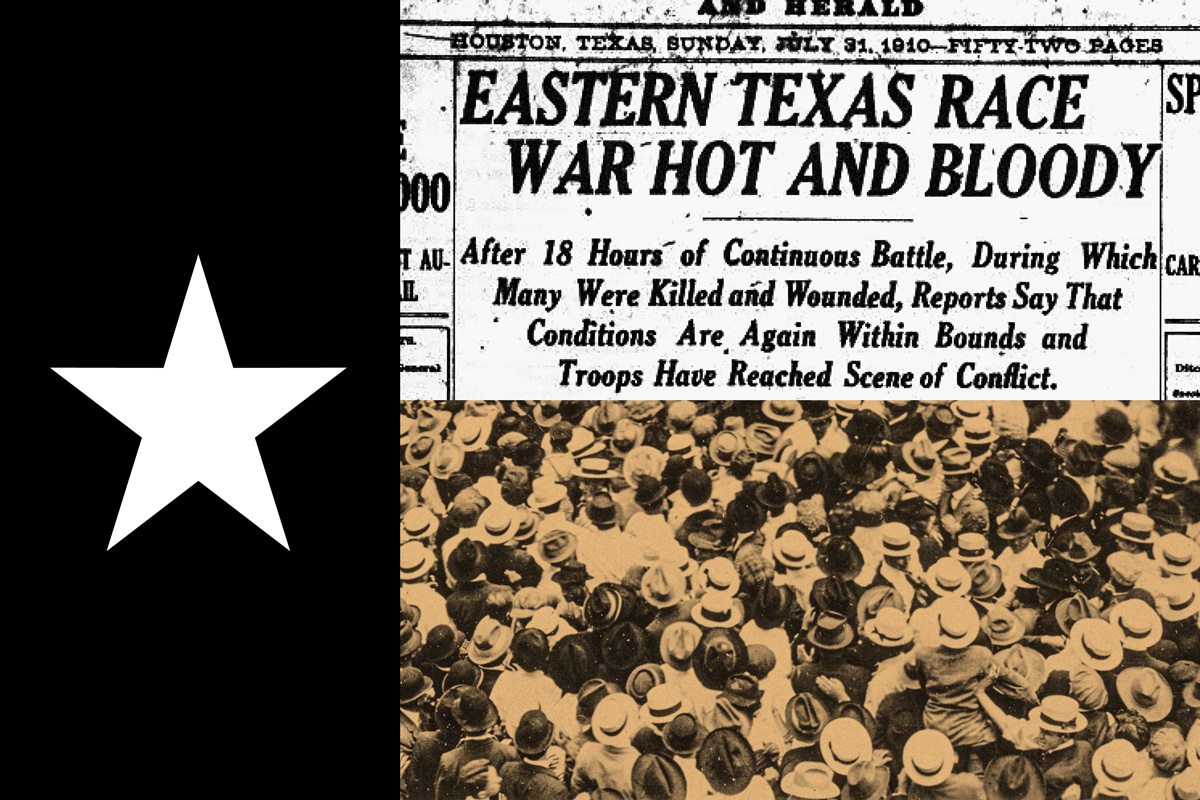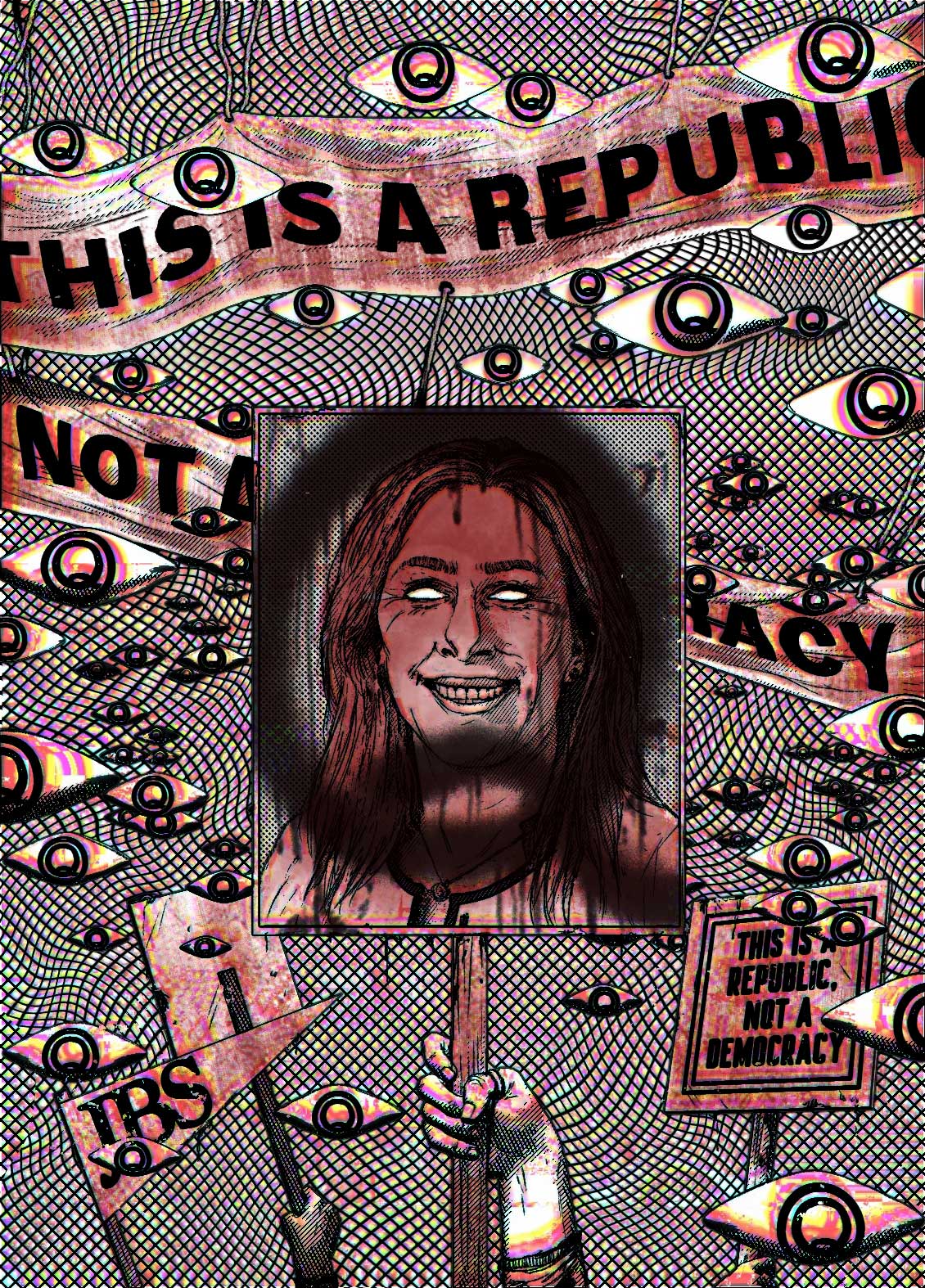As told to Meredith Shiner.
As I’ve watched the trial of now-former Police Officer Aaron Dean, who killed Atatiana Jefferson in her own home, what I cannot stop thinking about is how precious Atatiana’s life was, and how little consideration our legal system gives to that preciousness.
I use the term “legal system” because the institutions of the law are not oriented toward justice, not when it comes to Black women like Atatiana, or my own daughter, India Kager, who was killed by police in 2015. What is the value of Black life, and especially the lives of Black women, when we cannot, as a society, recognize their preciousness? When there is little sustained societal outrage after their murder? When so few cases against police officers who killed them go to trial? And when those cases do go to trial, like the case of Aaron Dean, they feel like a farce, the results left in the hands of a jury without a single Black member that refuses to acknowledge the wrongful death of a Black woman at the hands of the police as murder.
A guilty verdict of manslaughter charges feels like an invalidation of Black womens’ lives and our truth, which is that our lives should matter and be protected, and yet we live them with targets on our foreheads.
I want those who are reading this to say my daughter’s name, India Kager. I want them to say Atatiana Jefferson’s name. And then I want them to do something.
When Atatiana was killed in her own home, it was in front of her own nephew, a boy whose life was changed forever in that moment. When I watched her nephew Zion, now eleven, take the stand in the trial of her killer, I thought of the kind, sensitive boy I have met who will now live with this trauma for the rest of his life. A boy who, when his aunt was murdered in front of him, had been playing video games with her. Zion heard Atatiana crying in her final moments of life, and now will live the rest of his life hearing those cries, knowing that things that should be irrevocable and irreplaceable—from his own innocence to the life of a beloved family member—are viewed as the exact opposite by the country he calls home.
I also thought of my own grandson, Roman, who was four months old and in the car with my daughter India when she was killed by police. I ache with the knowledge that these two boys, like too many children across this country, will live with the forced absence of the women who would have directly shaped them into the wonderful men they now must become without them. And how little the rest of our society thinks of or values their loss.
Earlier this week, I was in New York City for the African American Policy Forum’s Say Her Name eighth anniversary event, in community with sisters, daughters, nieces of other Black women who have been taken from us by the police.
That the anniversary fell during the trial of Atatiana Jefferson’s killer brought into sharp focus how much I dream of a world where we did not have to have this community—and also how there has never been a time in American history where this community was not necessary.
I think of our politicians in Washington and how I wish they would even consider us or find some empathy for us, to stop and ask themselves what it might be like to walk in our shoes.
As a mother of a daughter who was taken from me, I would tell them that this walk doesn’t feel like I am walking in shoes at all. Living in my own life feels like walking with calloused feet that get ripped open by the sharp glass of every new loss, a loss like Atatiana’s, feet filled with the shards of grief and injustice. I find comfort in knowing others who know what this walk feels like and anger at those who have the power to do something to stop our ranks from growing but choose not to.
Politicians have done nothing to protect women, and while the rest of the world might be waking up to this fact as we’ve watched abortion rights get rolled back, Black women always have known better about our lack of protection.
The words “Say Her Name” mean so much to me, because they have galvanized a community where I can feel seen and understood, and yet what I would like to see is for us, as a society, to say her name and do something about it.
The next phase in this fight is forcing a change from America having a legal system to a justice system. The legal system is one in which officers are allowed to legally murder Black women while there is no justice for our loved ones. A justice system would be one in which we all are safe in our own communities, where there is accountability, and where fewer innocent people die.
I want those who are reading this to say my daughter’s name, India Kager. I want them to say Atatiana Jefferson’s name. And then I want them to do something about it. I want them to join me in moving from platitudes to a quantifiable action, to end qualified immunity for police officers so more cases go to criminal trial, so there is justice for the loss of a life and, ultimately, fewer losses. Qualified immunity is not in the U.S. Constitution. It was not a law passed by Congress. And yet giving police officers a free pass to kill without criminal accountability shapes the country Black Americans get to live in. It has certainly shaped the life I live now, one that is so much dimmer without my beautiful and brilliant daughter.
Gathering with other women like me this week made me think about how we are the founding mothers, the founding women who will make change, dismantle the design of our nation, and reshape it into one in which every life is upheld as precious.
Atatiana’s life was precious. So was my daughter India’s. Let’s live in a world that recognizes their preciousness, together.
Gina Best is a member of the #SayHerName Mothers' Network. She is the mother of India Kager, a twenty-seven-year-old Black woman shot and killed by Virginia Beach Police on September 5, 2015, while in a car with her 4-month-old son. Since her daughter’s death, Gina has sought to raise awareness around police brutality.



